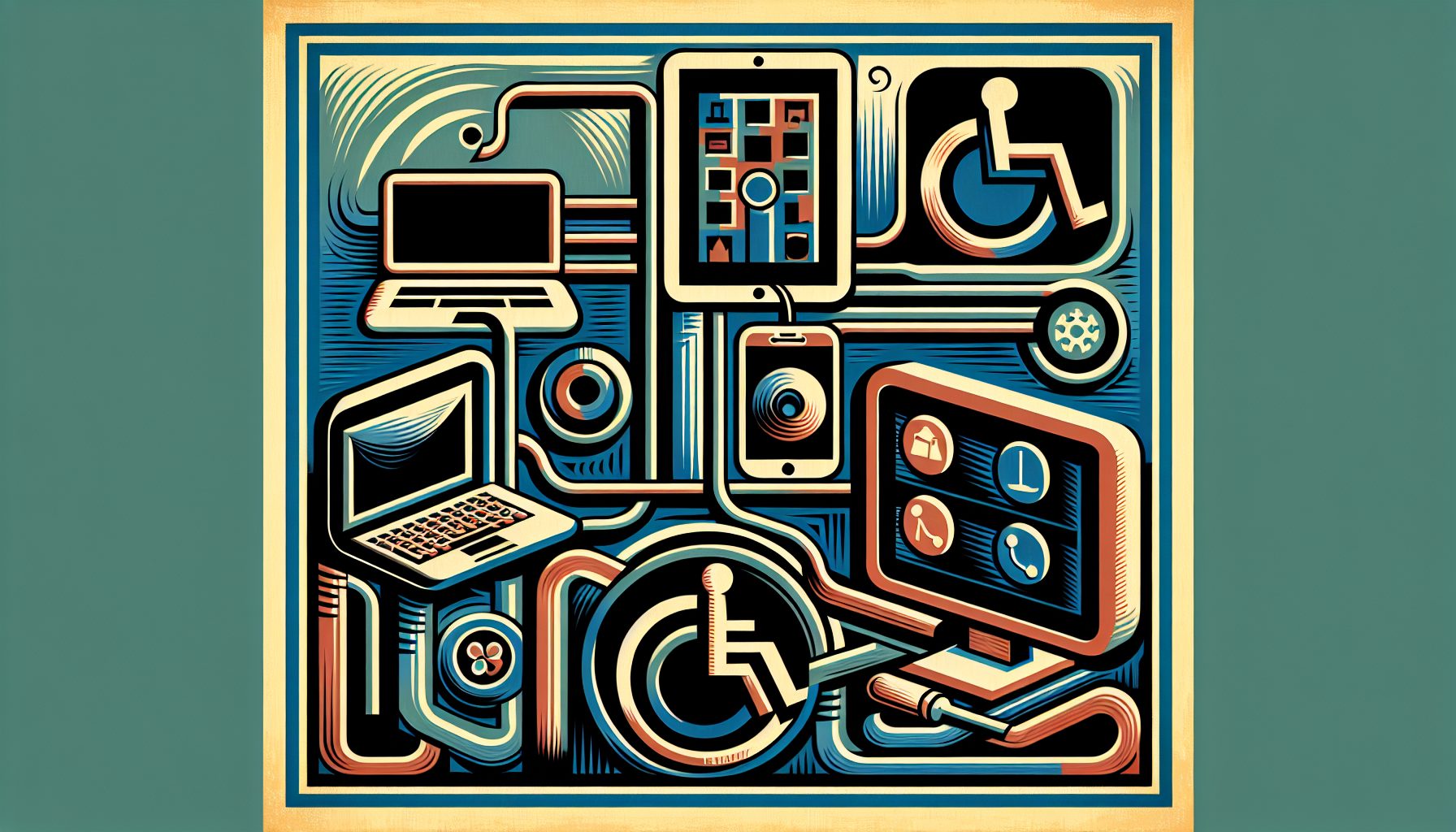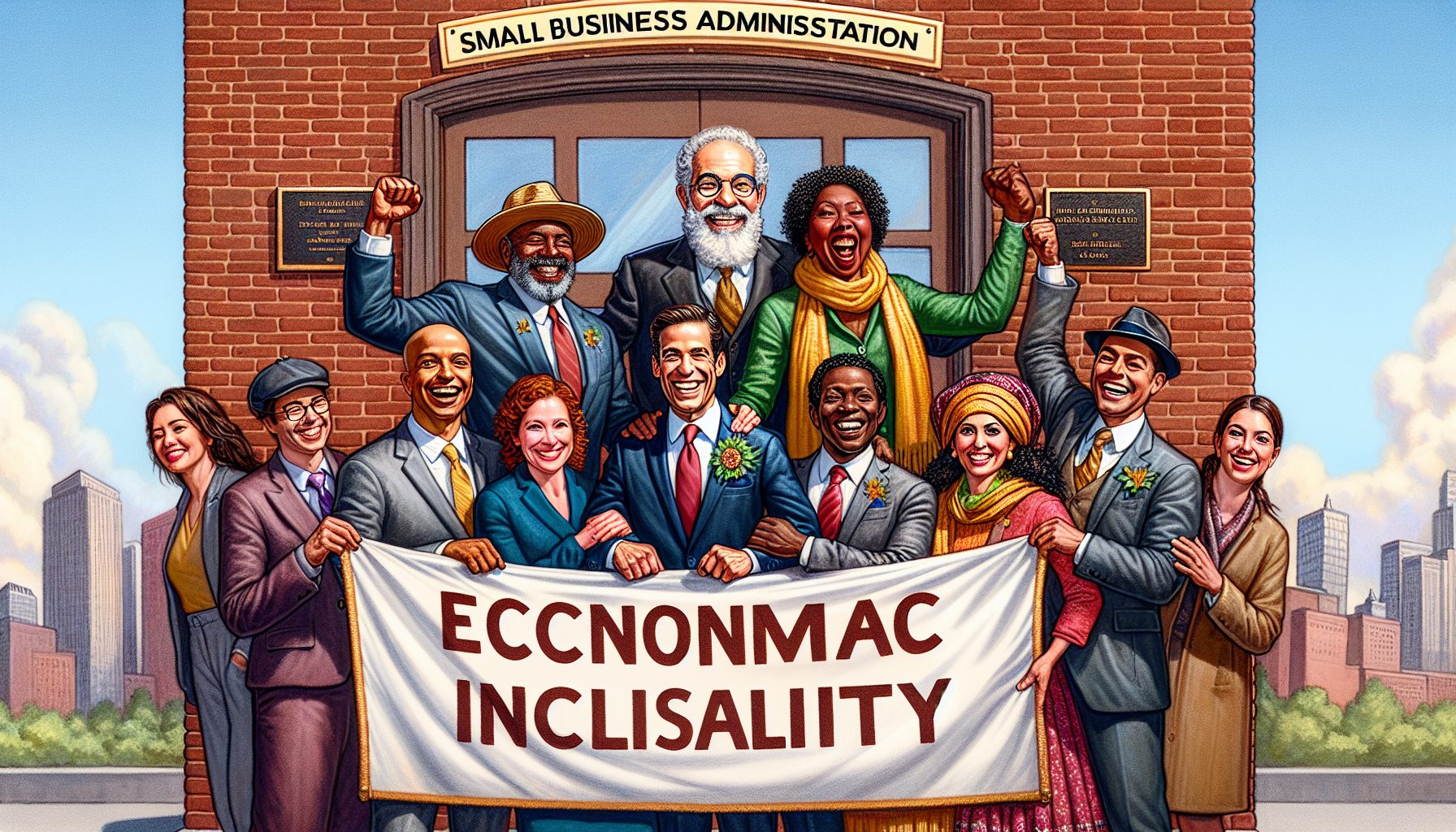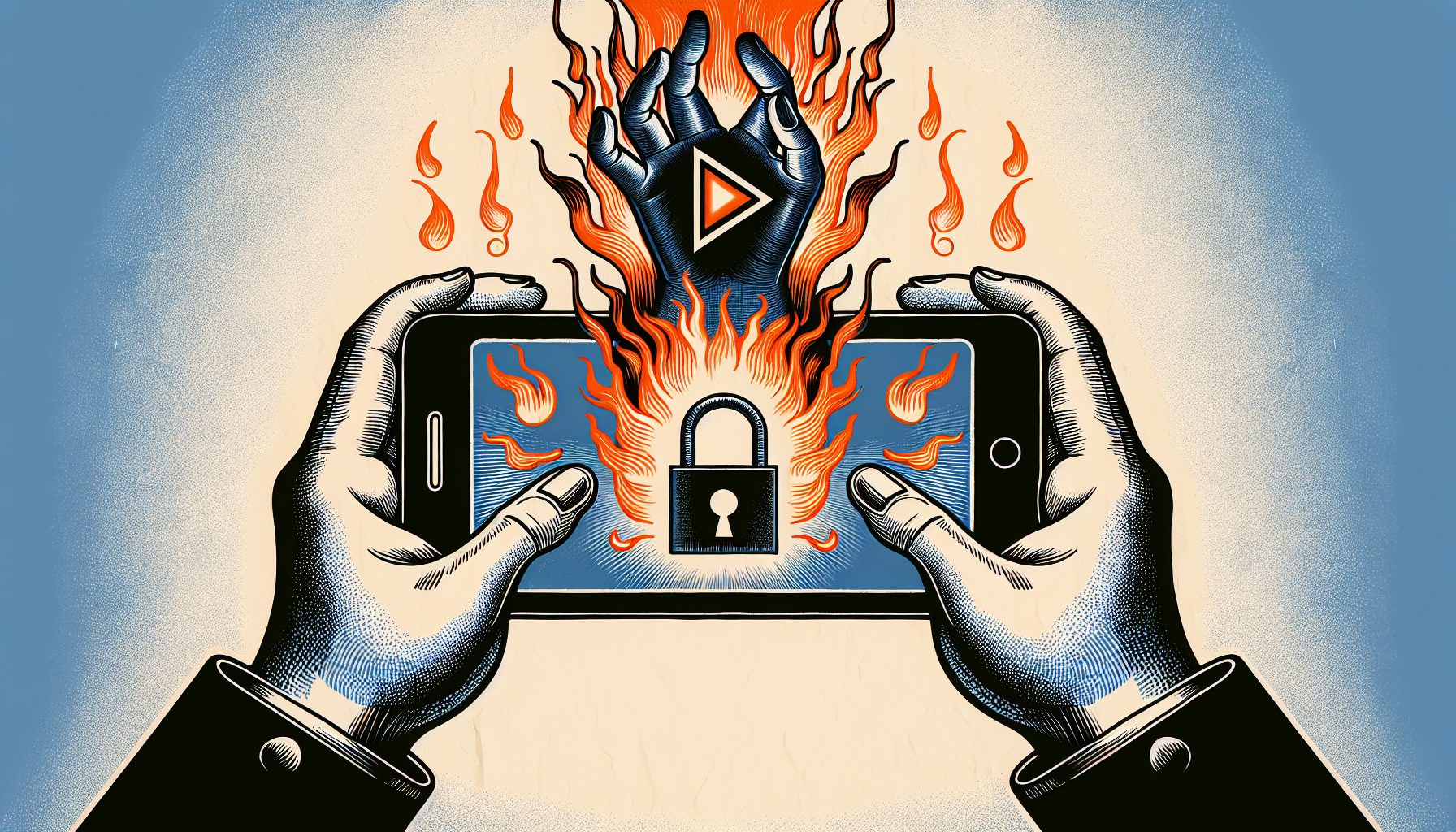A new class of smart machines is emerging that can help you automate your business and make life easier for professionals by eliminating many of the routine, manual aspects of their jobs, freeing them to work on more innovative and strategic areas.
Products and technologies such as intelligent agents/digital assistants, artificial intelligence (AI), virtual reality (VR) systems, intelligent software agents, expert systems and robotic office devices are likely to become more common in work environments in the years to come.
A report released in February 2016 by industry research firm Research and Markets, “Artificial Intelligence Market: Global Forecast to 2020,” forecasts that the AI market will grow from $419.7 million in 2014 to $5.05 billion by 2020, at a compound annual growth rate of 54 percent from 2015 to 2020.
The key factors driving this growth include diversified application areas of AI, improved productivity, and increased levels of customer satisfaction, the report says. The rising demand for intelligent systems is expected to propel the growth of the market in the next five years.
Machine learning technology held the largest share of the global artificial intelligence market in 2015, according to the report. This technology is a key element of AI and is used in conjunction with other technologies, such as natural-language processing and image processing across a range of application areas. Demand for natural-language processing technology is expected to grow at the highest rate during the forecast period.
New Solutions to Automate Your Business
Smart machines are emerging at an opportune time. “With all of the disruption happening in the world today, employees need to be focused on monitoring the external environment, predicting change [and] innovating new solutions for their business,” says Erica Volini, leader, human resources transformation at consulting firm Deloitte.
“Managers need to be focused on creating an environment and workplace that fosters innovation, empowerment and engagement,” Volini says. “Smart technology allows for the creation of capacity by taking some of the routine tasks and activities and enabling them to be done by technology, thereby freeing up time that employees and organizations so desperately need in today’s ever-evolving world.”
Deploying smart technology and automating business processes can benefit organizations by generating data and analytics that can lead to further enhancements.
“These smart machines can provide insights that can be used to drive continued improvements in processes, without the extensive efforts it often takes to diagnose challenges and re-engineer processes and activities,” Volini says. “That will allow an organization to continuously innovate and improve on a real-time, continuous basis—something that is required in today’s world of constant disruption and rapid pace of change.”
The challenges these machines pose is that no matter how “smart” they are, they will not replace the personal interaction that drives the customer experience, Volini says.
“That experience is directly tied to the organization’s brand, and it’s important that automation does not replace the need for a relentless focus on creating the best consumer experience possible,” Volini says. “That experience is the true brand differentiator in today’s market, regardless of industry, and will likely remain the key competitive differentiator.”
Leveraging Automation to Enhance Customer Service
TXU Energy, an electricity services provider in Texas, is leveraging automation technology while also enhancing customer service.
Telephone support is the primary service channel for TXU customers, and the company receives more than 8.5 million customer service calls each year. Since blending AI with human intelligence in deploying a next-generation natural-language virtual assistant from Interactions, TXU has seen a dramatic response from customers.
For example, it has boosted its customer satisfaction score by 11 percent since the deployment, from a respectable 82 percent via its legacy system to an even more impressive 93 percent. Just one year after deployment, TXU’s virtual assistant now resolves more customer service calls than its live agents.









